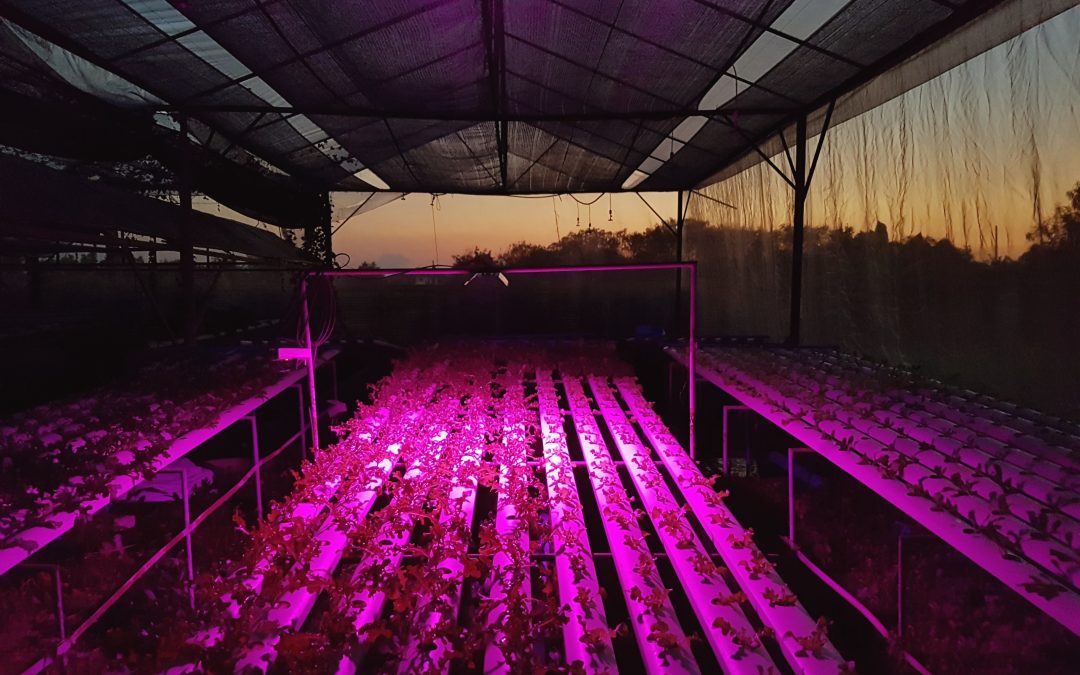
Revolutionizing agriculture: Study reveals the impactful effects of LED lights on pepper cultivation
Shedding Light on a Bright Future: Enhancing Pepper Growth with LED Technology
In a world where technological innovation is advancing by leaps and bounds, agriculture is not left behind. A recent study has shed light on the revolutionary impact that LED lights can have on pepper cultivation, offering new insights to improve agricultural production and food quality.
LED lights, known for their energy efficiency and ability to emit different wavelengths of light, have been the subject of research in various areas, from urban lighting to medicine. However, their potential in agriculture has been less explored until now.
The study, conducted by a team of renowned researchers in the field of precision agriculture, focused on analyzing how exposing peppers to different spectra of LED light affects their growth, development, and nutritional content. The results were astonishing.
Firstly, it was found that the quality of LED light has a significant impact on the morphology of pepper plants, affecting their height, leaf size, and fruit development. By modulating the intensity and spectrum of light, researchers were able to influence the shape and yield of peppers, opening the door to new personalized cultivation strategies.
Additionally, the study revealed that LED light can increase the content of bioactive compounds in peppers, such as antioxidants and vitamins, which are beneficial to human health. This suggests that LED technology can not only improve agricultural productivity but also the nutritional quality of the resulting food.
The findings of this study have significant implications for modern agriculture. The ability to manipulate the light environment of plants using LED lights offers farmers a powerful tool to optimize crop growth, increase resource efficiency, and improve the quality of agricultural products.
Furthermore, this study underscores the importance of interdisciplinary research and the application of emerging technologies in agriculture. Collaboration between scientists, engineers, and farmers can lead to innovations that transform the way we cultivate our food and help us address the challenges of climate change and food security.
In summary, the study on the effects of LED lights on pepper cultivation represents an exciting step forward in the quest for sustainable and efficient solutions for 21st-century agriculture. With the potential to improve both productivity and food quality, LED lights are illuminating the path to a brighter future for agriculture.
